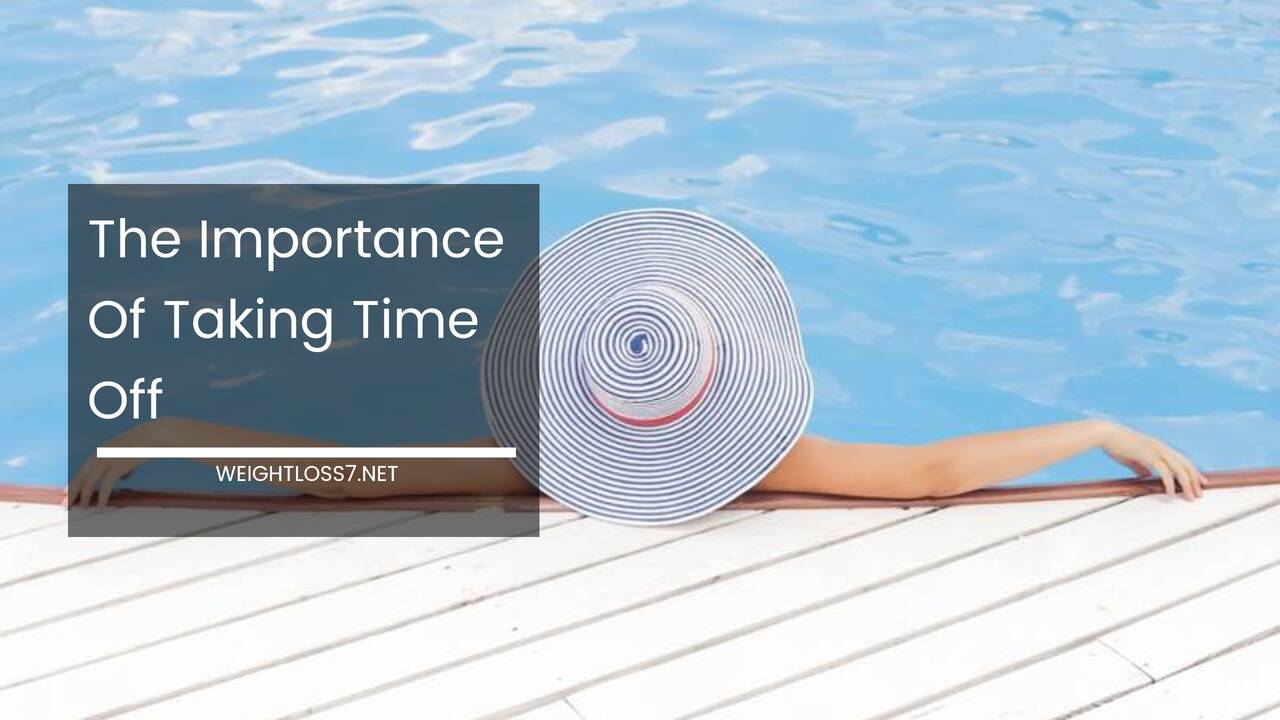The Importance Of Taking Time Off

Most people believe that increased productivity is linked to the amount of hours one works.
Common sense seems to dictate that the more hours one works the more one accomplishes and that taking extended breaks can negatively impact one’s efficiency.
These myths persist during these tough economic times where unemployment hovers at around 8 percent more and many feel as if they cannot afford to take a break.
However, extended periods of work and stress can negatively impact one’s mental and physical health.
Prolonged periods of stress impedes the body’s ability to fight off infection and can encourage unhealthy behavior such as eating fatty foods, and excessive consumption of alcohol.
Furthermore, too much stress can contribute to depression and irritability which in turn decreases productivity.
However, regular vacations contribute to the physical and mental health of employees and as a result positively impacts their productivity and longevity.
According to Dr. Glenn D. Braunstein regular vacations can decrease the risk of a heart attack. In his article, “Want to stay healthy? Go ahead and take a vacation” Dr. Braunstein explicates that a study of 13,000 middle aged men at risk for heart attacks demonstrated that men who did not take a vacation for five successive years were 30 percent more likely to experience a heart attack than those who took at least one week’s worth of vacation time.
Dr. Baunstein also explains that women who took a vacation every six years where eight times more likely to develop heart disease than their counterparts who took at least two vacations every year.
Robert R. Butterworth a psychologist with International Trauma Associates maintains that vacations can also contribute to one’s problem solving ability.
He elucidates, “If you have a job that’s very creative and you don’t take time off you hit a wall and you need a change. The break will allow you to refresh your brain cells.”
Employees who take regular vacations are better able to focus which increases their productivity while overworked and overstressed workers are more easily distracted. They may be physically present at work but have mentally checked out.
Author Christine Louise Hohlbaum elucidates that “If people are overworked, they’re surfing the Internet. They’re not contributing to the bottom line.”
Physically removing oneself from one’s work environment is not enough. In an age where one can obsessively check one’s email from a cell phone or text clients from any location in the world, it can be extremely hard to disengage.
Nevertheless, in order to fully reap the benefits of vacation workers must be able and willing to walk away from their work.
Stepping away from work can provide one with a new perspective and mental as well as physical distance can help improve one’s problem solving skills.
In order for one to truly reap the mental, physical and cognitive benefits of a vacation one must be able to set aside work for a few days.
Contrary to popular belief working for extended periods of time does not increase productivity. In fact prolonged stress reduces one’s ability to concentrate and results in an array of negative mental and physical consequences.
On the other hand those who take regular vacations are able to increase problem solving skills, concentration and their overall physical and mental well-being.

















